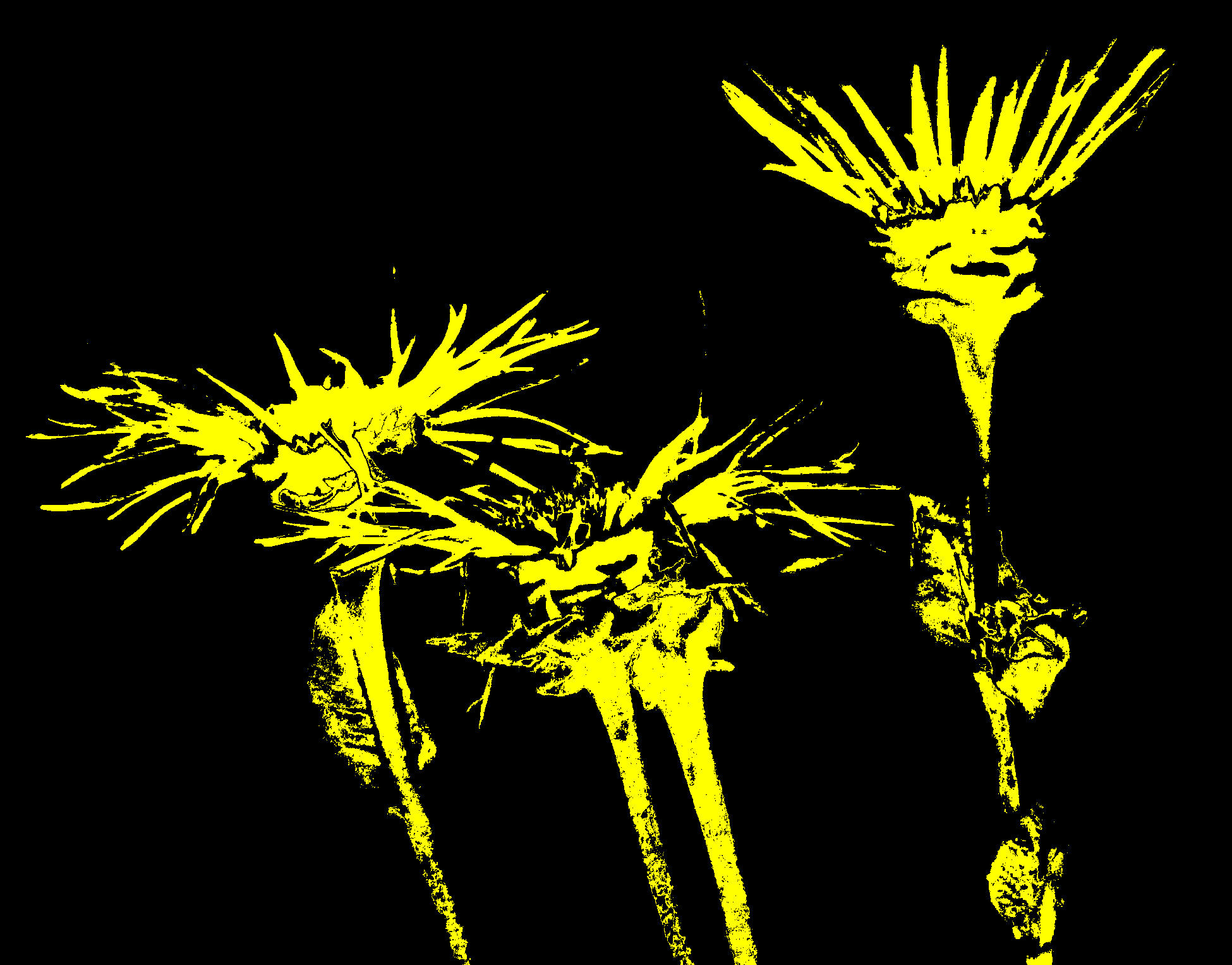A Science News report about Dr. Eliezer Masliah (who held a highly important role at the National Institute of Aging), a 300-page dossier composed of misconducts at his lab, as well as followups… Featuring everyone’s favorite research integrity sleuths (Elizabeth Bik, Mu Yang, “Cheshire”, …) and more.
Post URL points to archive.org due to soft paywall on Science News. Here’s the original link
Reading about this is making me feel sick. It’s so sad how many people’s lives have been negatively affected because of this Masliah’s dishonesty. I think people who fake research like this belong in jail.
Sadly I think low key dishonesty is even more prevalent than what this guy did - the way we dole out money encourages researchers in every field to cherry pick data so that they can keep getting funding.
The fraud surrounding Alzheimer’s research continues… Not too long ago the fraud was related to amyloid (archive version). That article was even written by the same author and features many of the same investigators.
I work in Pharma R&D (on the manufacturing side) and the company I work for has run trials for Alzheimer’s products based on research that has since been found to be fraudulent. As a published scientist myself, I would like to think that this level of manipulation and fabrication is the exception rather than the rule. However, I do think it is worth asking at this point what it is about Alzheimer’s research in particular that has led to this being so prevalent and, more importantly, so impactful. Basically, how did it go so far before anything was caught?
I suspect at least part of the answer is due to the large influx of money into the field. Researchers were tripping over themselves to earn those grants and then, once they had them, produce results to keep them. I am not in academia, so I don’t have great insight into the NIH, NIA or their processes, but this should be a wake up call to put up a certain amount of guard rails.


